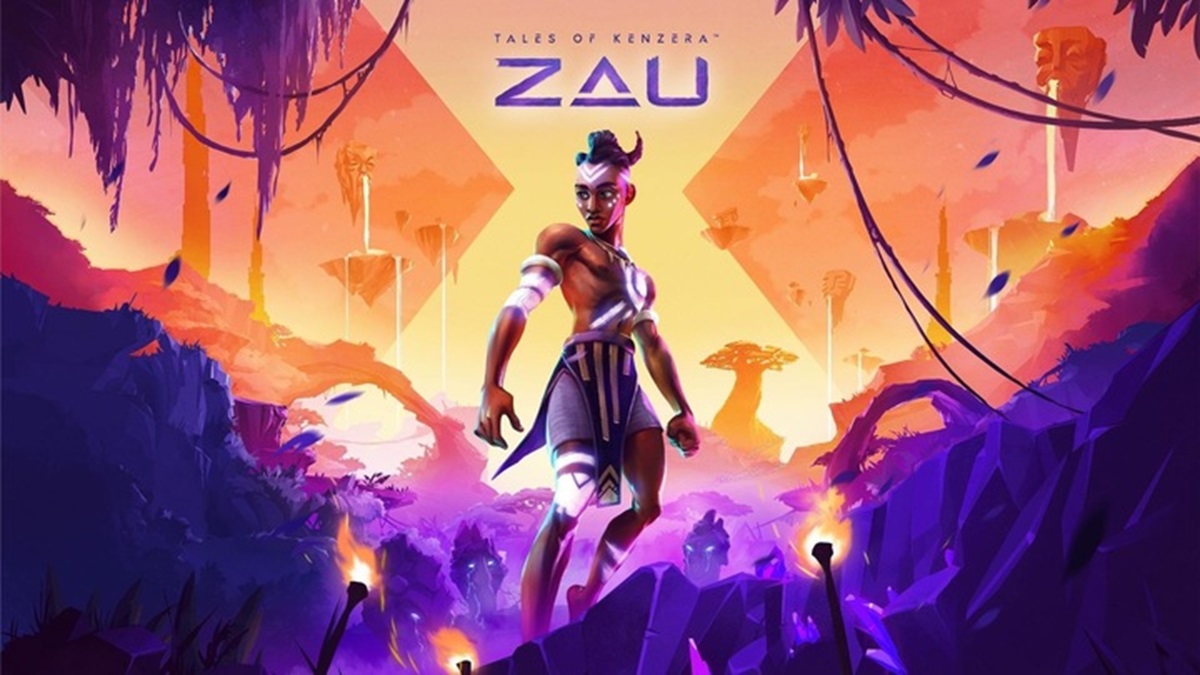It’s no surprise that Abubakar Salim, head of Surgent Studios, does the voice acting for the main character Zau in the game Tales of Kenzera: Zau. He is, after all, famous as a voice actor for games like Assassin’s Creed: Origins and as an actor in shows such as the upcoming Season 2 of House of the Dragon.
But it is fitting for him to give a voice to Zau because the game’s story is about grief. Salim decided to make the game in honor of his father, who died 10 years ago. He talked in an interview with me about that loss as if it were still fresh, with emotion in his baritone voice. It was good for me to have that conversation, as I lost my mother 2.5 months ago.

Unlock premium content and VIP community perks with GB M A X!
Join now to enjoy our free and premium membership perks.
![]()

![]()